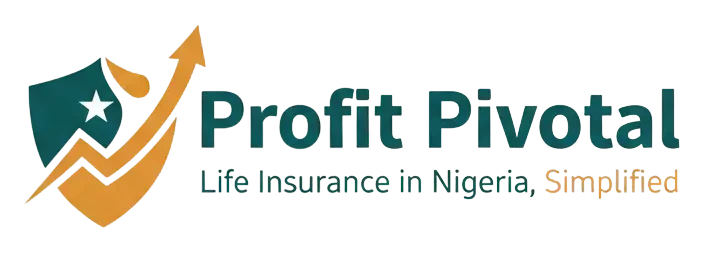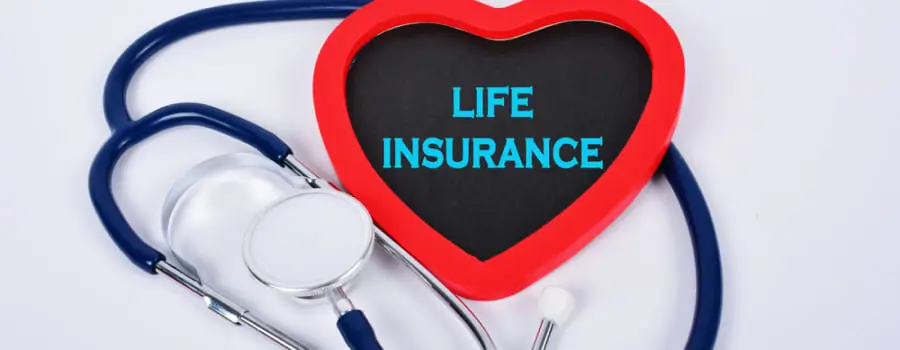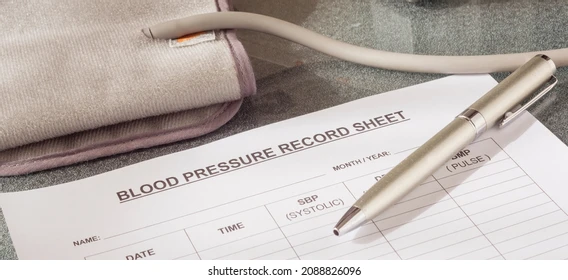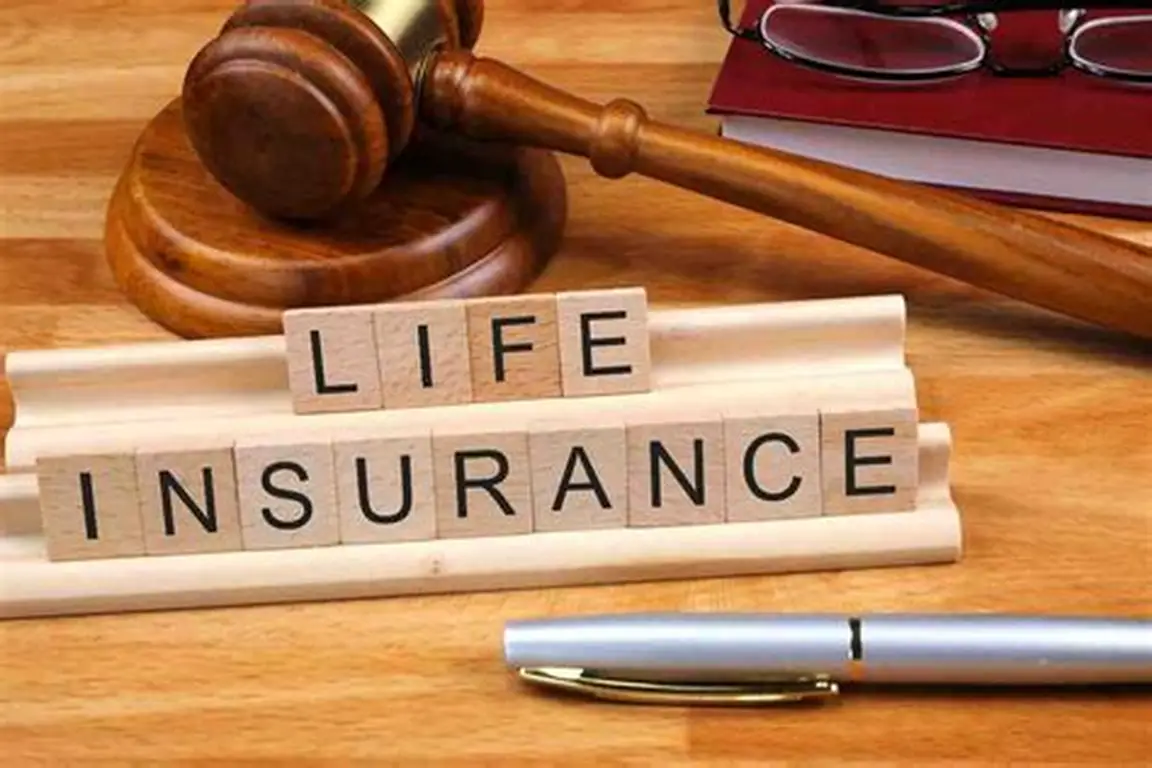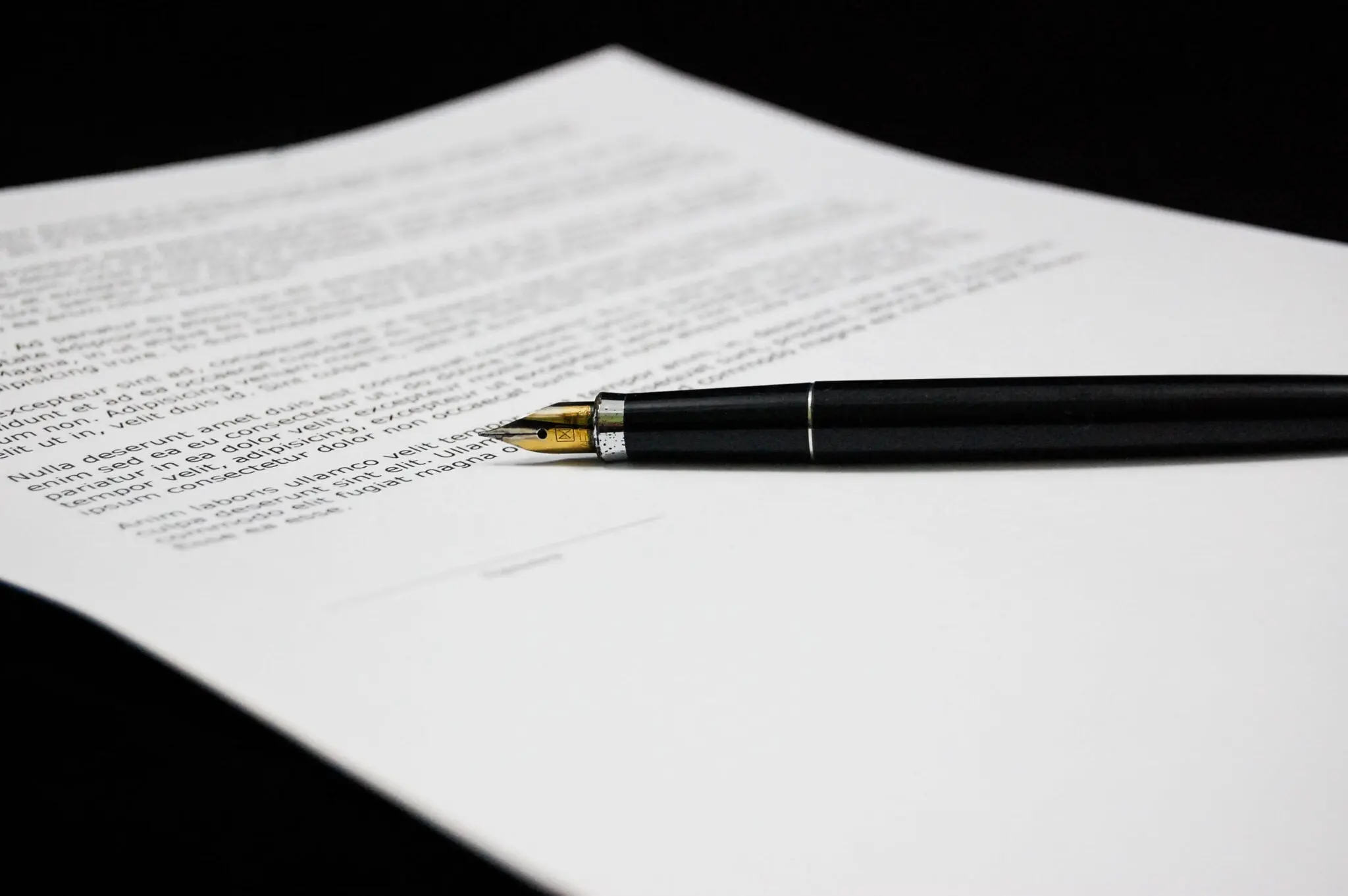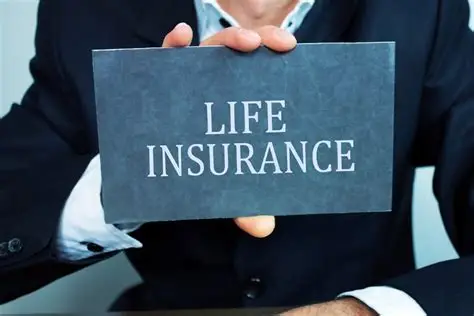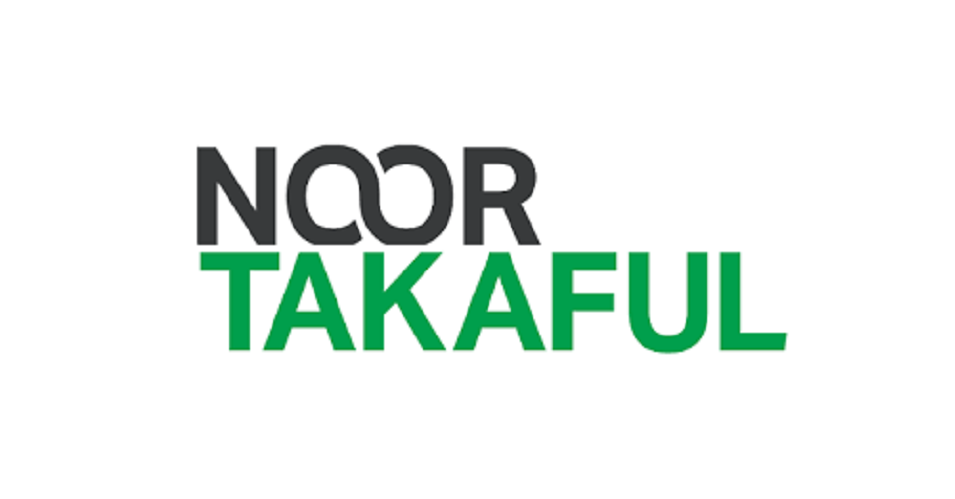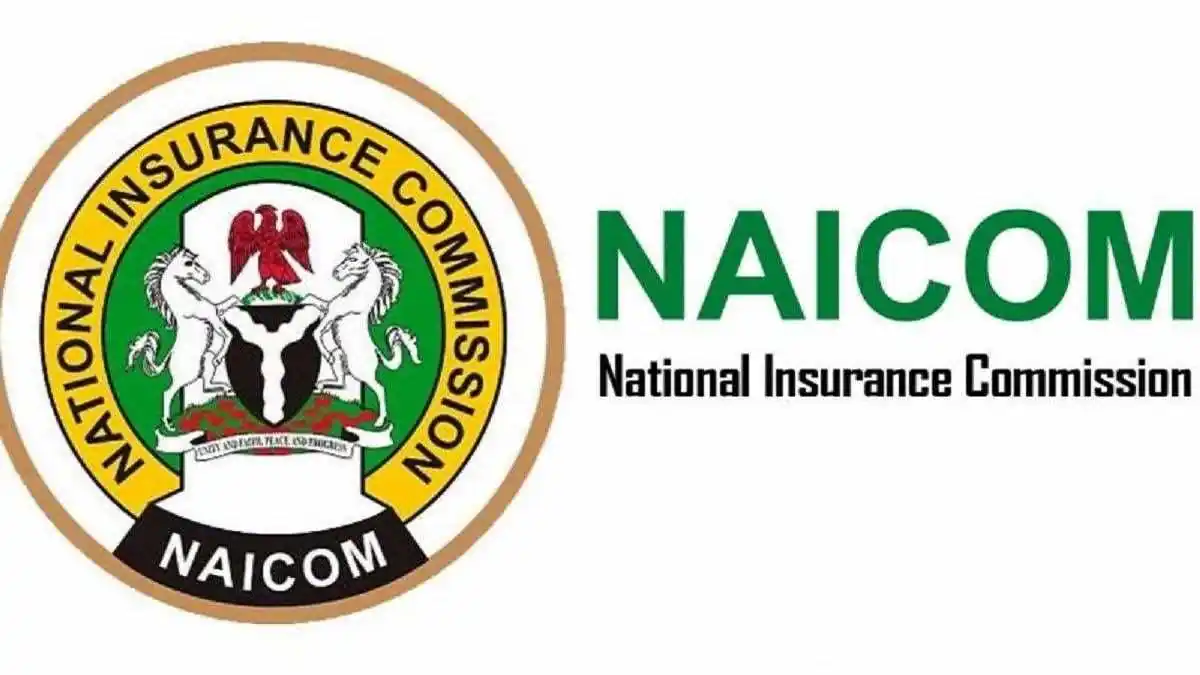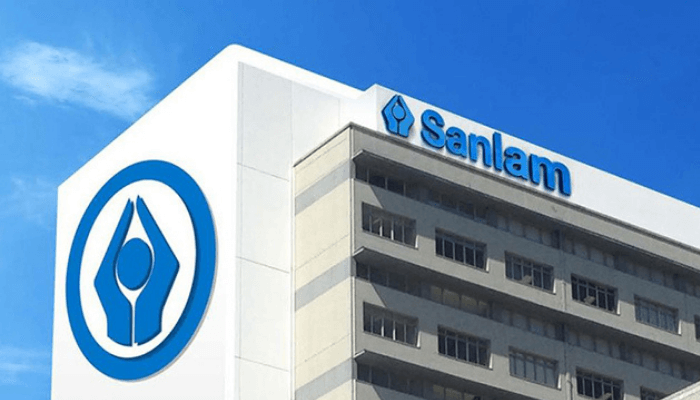Can I get life insurance after a heart attack in Nigeria? Yes, you absolutely can. While a serious health event like a heart attack makes the process more detailed, it doesn’t automatically close the door to securing financial protection for your loved ones.
Many Nigerians believe a major health diagnosis means the end of their insurance eligibility. You worry about high premiums, outright rejection, and the uncertainty of navigating it all. This article will show you that getting life insurance is still possible. We will explain exactly how Nigerian insurers assess your application, what steps you can take to improve your chances, and how to find the right cover without breaking the bank.
A heart attack is a life-altering event. Beyond the immediate health concerns, it forces you to think deeply about the future and the financial security of your family. One of the most pressing questions that arises is whether you can still get life insurance.
Let’s be clear: getting life insurance after a heart attack in Nigeria is not as straightforward as it is for someone with a clean bill of health, but it is achievable.
How Do Nigerian Insurance Companies View Heart Attack Survivors?
When you apply for life insurance, the provider’s main goal is to assess risk. A heart attack is a significant indicator of potential future health problems, so insurers will look at your application more closely.
They aren’t trying to punish you; they are trying to accurately price the risk they are taking on. They will want to know the specifics of your health situation to make a fair decision.

What Factors Will Insurers Consider?
To get a full picture of your health, Nigerian insurance companies like AIICO, Leadway Assurance, or AXA Mansard will request detailed information. Honesty here is non-negotiable; withholding information can void your policy later.
Key factors they will review include:
- The Severity of the Heart Attack: Was it a major or minor event? How much damage was done to your heart muscle?
- Time Since the Event: The longer you have been stable and healthy since the heart attack, the better. Most insurers prefer to see at least 6-12 months of recovery.
- Your Treatment and Recovery: Have you followed your doctor’s orders? This includes taking prescribed medications (like statins or blood thinners), attending cardiac rehab, and making lifestyle changes. A proactive approach to your health is a huge plus.
- Your Overall Health: Do you have other conditions like high blood pressure, diabetes, or high cholesterol? Are they well-managed?
- Lifestyle Choices: Do you smoke? What is your diet and exercise routine like? Insurers want to see that you are actively reducing your risk factors.
As Funke Ojo, a senior risk underwriter based in Lagos, explains, “We look at the complete story. A client who has made significant lifestyle improvements post-incident and has a clean medical report for two years is a much better risk than someone who had a minor event but continues to smoke.”
So, What Type of Life Insurance Can I Get?
Your options will depend on your specific health profile.
- Standard Life Insurance (Term or Whole Life): You may still qualify for a standard policy, but likely with a “rating.” This means your premium will be higher than that of a healthy individual. For example, if a standard premium is ₦10,000/month, a rated policy might be ₦15,000 or ₦20,000 per month.
- Guaranteed Issue Life Insurance: Some companies offer policies that don’t require a medical exam. The trade-off is that they offer lower coverage amounts (e.g., up to ₦2 million – ₦5 million) and have much higher premiums. They are often a last resort but provide a valuable safety net.
- Group Life Insurance: This is one of the best options. If your employer offers a group life insurance plan, you are typically accepted without a medical exam. This is a benefit regulated by the Pension Reform Act and provided by most formal employers in Nigeria.
Will My Premiums Be Very Expensive?
Your premium will be higher than the standard rate. Let’s be upfront about that. The insurance company is taking on a greater statistical risk.
However, the final cost depends on the factors we discussed. If your heart attack was several years ago, you’ve recovered well, and you’re managing your health, the increase in your premium might be less severe than you think.
What Steps Can I Take to Improve My Application?
You have more control than you think. Here’s how to put your best foot forward:
- Gather All Your Medical Records: Have reports from your cardiologist, test results (like ECGs and stress tests), and a full list of your medications ready.
- Show a Stable Health History: The best thing you can have is time. A consistent record of follow-up appointments and stable health for at least one year shows insurers that your condition is well-managed.
- Work with an Insurance Broker: A knowledgeable broker is your best ally. They understand the market and know which companies (e.g., FBNInsurance, Custodian, and Allied) are more lenient or specialize in high-risk cases. They can shop your profile around without it affecting your record.
- Don’t Hide Anything: The insurance contract is based on “utmost good faith.” Lying on your application is fraud and gives the insurer legal grounds to deny a claim, leaving your family with nothing. Be transparent.
What if My Application is Rejected?
A rejection from one company is not the end of the road. Every insurer has its own underwriting guidelines. One company might reject you, while another might offer you a rated policy.
This is where a broker becomes invaluable. They can take your profile to a different underwriter who may have a different risk appetite. Don’t give up after the first “no.”
Your Next Steps to Financial Peace of Mind
A heart attack is a wake-up call, but it doesn’t have to derail your family’s financial future. Securing life insurance is still very much on the table.
To recap, focus on what you can control: manage your health diligently, gather your medical documentation, and be completely honest in your application. The Nigerian insurance industry, regulated by the National Insurance Commission (NAICOM), has options available. Your path might be different, but the destination of protecting your loved ones is the same.
Ready to explore your options? The first step is to speak with a professional who can guide you.
Suggested Reads:
1. Capital Gains Tax in Nigeria: A Simple Guide to Your Profits (2025)
2. 5 Things Term Life Insurance Does for Nigerians That Savings Cannot
3. Discover the Secret Clause Many Nigerians Miss in Their Term Life Policies
4. Top 5 Best Life Insurance Companies in Nigeria for 2025
5. How Much Does Life Insurance Cost in Nigeria (2025)
6. Can Creditors Take Life Insurance Proceeds in Nigeria?
7. How to Withdraw Money from a Life Insurance Policy: Your A-Z Guide
